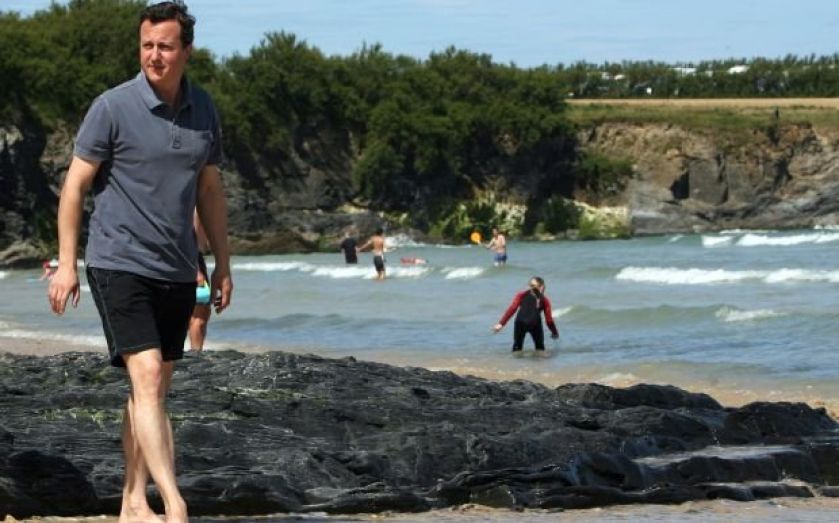We have far more time for leisure than our parents – so why are we so stressed?

It seems a common refrain that modern life is busier and more hectic than ever – and this can feel especially true on the first day back at work after a Bank Holiday.
But the hard data tells a different story. The work week has fallen significantly across industrial countries over the last 40 years. The average worker in the 18 nations surveyed by the OECD put in 12 per cent fewer hours per year in 2006 than in 1970, a reduction of more than five hours per working week.
Over this period, Norway and France saw the largest reduction in working hours, down 23 per cent and 22 per cent respectively. UK workers spend 14 per cent less time working than in 1970. Even in the US, hours-worked have fallen by 5 per cent. Nor is this a Western phenomenon. Korean and Japanese workers are putting in 20 per cent fewer hours a year than in 1970.
But what about when we are not working? The combination of labour saving devices, technology and prosperity have reduced the amount of time spent on chores over the last 40 years and, together with a shorter work week, this has freed up time for leisure.
Belgium, Germany and Norway top the international league table of leisure time. People in these countries typically spend about 27 per cent of their time on leisure activities. Given the perception that Americans are increasingly pressured and stressed, it is striking that US workers have as much downtime as the average worker across the 18 countries surveyed by the OECD – and more than Mexicans, Japanese and, perhaps surprisingly, Australians. Recent research published in the journal Economics and Human Biology reports a strong secular trend over the last decade towards Americans sleeping more.
So across the rich world, people are working less and have more leisure time. Why then do so many of us feel hassled and stressed?
One factor may be that organisational change and a shift towards different forms of working, such as part-time and temporary work and self-employment, mean that the intensity of work has increased.
Paradoxically, prosperity may also be a large part of the problem. US economists Mark Aguiar and Erik Hurst argue that we are squeezing ever more activities, both work and leisure, into our day. Technology and rising productivity have made us more efficient and more hassled. The ubiquity of mobile communications and the internet mean that we are rarely disconnected.
Prosperity has another, more subtle and insidious effect on how we feel. As we earn more money, the “opportunity cost” of leisure – the amount of money we forgo by not working – increases. In effect, the price of a walk in the park or reading a book rises as our pay goes up. Prosperity may make it harder for us to appreciate our leisure time.
We may think we are working our socks off, but the data shows we work less and have more leisure time than our parents did. This process has further to run. Technology and rising prosperity seem likely to give us yet more time away from work. The challenge will be to find activities to fill this time that are as stimulating and purposeful as the work we forgo. After all, the real question is not time allocation, but what makes us happy.
To sign up for Ian Stewart’s Monday Morning Briefing, visit www.deloitte.co.uk/mondaybriefing